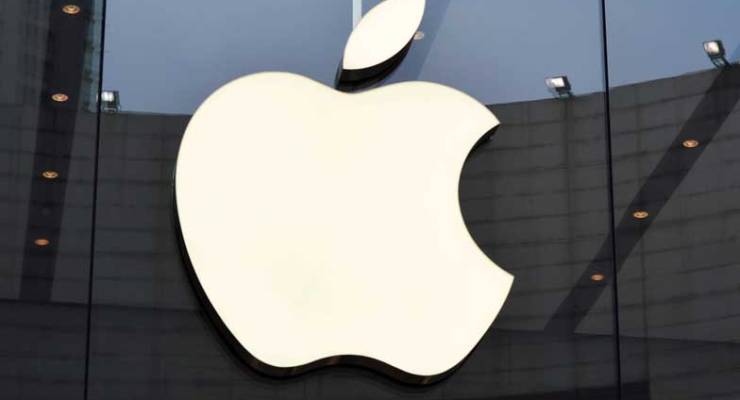
In the face of a concerted campaign from Treasurer Scott Morrison, CEOs and the Financial Review to spruik company tax cuts, it pays to keep looking at what is happening in the US. As we’ve been noting, some US CEOs have been honest in saying the windfall from the Trump tax cuts will go to where history shows windfalls go: into share buybacks and bumping up company share prices for the benefit of shareholders and executives.
Last week, after Bank of America CEO Brian Moynihan was open about using the windfall for buybacks, Apple’s Tim Cook announced that the IT giant — which has hundreds of billions of dollars in profits in tax havens around the world from tax avoidance in countries like Australia — would be investing the windfall. Ah, thought the tax cut propagandists, here is evidence that the tax cut will lead to jobs and growth.
Too bad it wasn’t true. As analysts quickly worked out, the “additional” investment announced by Cook was already in Apple’s previously announced spending plans. Cook’s announcement “does not result in a meaningful increase” in investment. Another analyst noted that other “new” spending plans from Apple “were likely to happen regardless”.
So what will happen to Apple’s hundreds of billions in dodged tax? You guessed it: “the primary use of [Apple’s] repatriated proceeds will go toward significantly increasing the size of its buyback.” The alternative is purchasing a major existing entity (like Netflix). And other tech companies? “More cash in large tech companies’ coffers will likely drive M&A and capital returns and executive pay.”
In fact, some analysts believe the windfall is likely to drive a wave of mergers and acquisitions (M&A). That is, the tax cut will produce mergers and takeovers that result in no new investment, just evermore powerful monopolies, which reduce competition, undermine economic growth, make corporations more powerful vis-a-vis governments and workers, and reward executives and shareholders of takeover targets.
The flow of the Trump tax cut windfall into shares rather than new investment, jobs or wages growth is so clear that even the right-wing, anti-tax Cato Institute has had to acknowledge it, insisting that any benefits will be long-term instead, but admitting Coca Cola, Pfizer and Cisco will all use it for share buybacks.
You won’t, of course, see any of this sort of detail in the Financial Review, which has serious questions to answer about the deceptive way it is covering the tax cut issue. Today, the Fin gave a lengthy platform to Morrison and Australian CEOs to claim a corporate tax cut would lead to investment and jobs rather than executive pay rises and shareholder windfalls.
The newspaper has previously failed to report that Walmart slashed thousands of jobs in the wake of the tax cut (although its readers spotted the omission), and failed to do so again today. Nor did it report Bank of America CEO Brian Moynihan saying he’d be using the windfall for share buybacks, or any of the other major companies that said similar. It seems that news that US companies are using the tax cut to goose share prices and lift executive bonuses is verboten at the Fin.
We expect politicians to lie about their policies. We expect corporations to lie trying to con the community into giving them a handout. Seems we have to assume the Fin won’t tell the truth about tax cuts either.








Surely the most certain way to increase investment nation-wide is to increase compulsory superannuation across the nation’s earners?
“Today, the Fin gave a lengthy platform to Morrison and Australian CEOs to claim a corporate tax cut would lead to investment and jobs rather than executive pay rises and shareholder windfalls.”
I’ve said it before, require companies seeking the lower tax rate to guarantee the outcomes – increased investment, higher wages, no share buy backs, no executive pay rises and no shareholder windfalls.
If any of that happens the company then belongs to the government entirely, for no cost.
How many professions are there left, where telling the truth is actually seen as a good thing?
Few enough it is true.
Look how many professions require, first and foremost, that one lie constantly, egregiously, unethically and with malice aforethought.
Share buybacks mean cash will be returned to (primarily) asset managers and other owners, who will invest it somewhere else. The money doesn’t disappear. Makes more sense than companies investing in things they don’t need just because they have cash burning a hole in their collective pockets. Effectively the same thing you’re suggesting Roger, i.e. super funds end up with more assets under management.